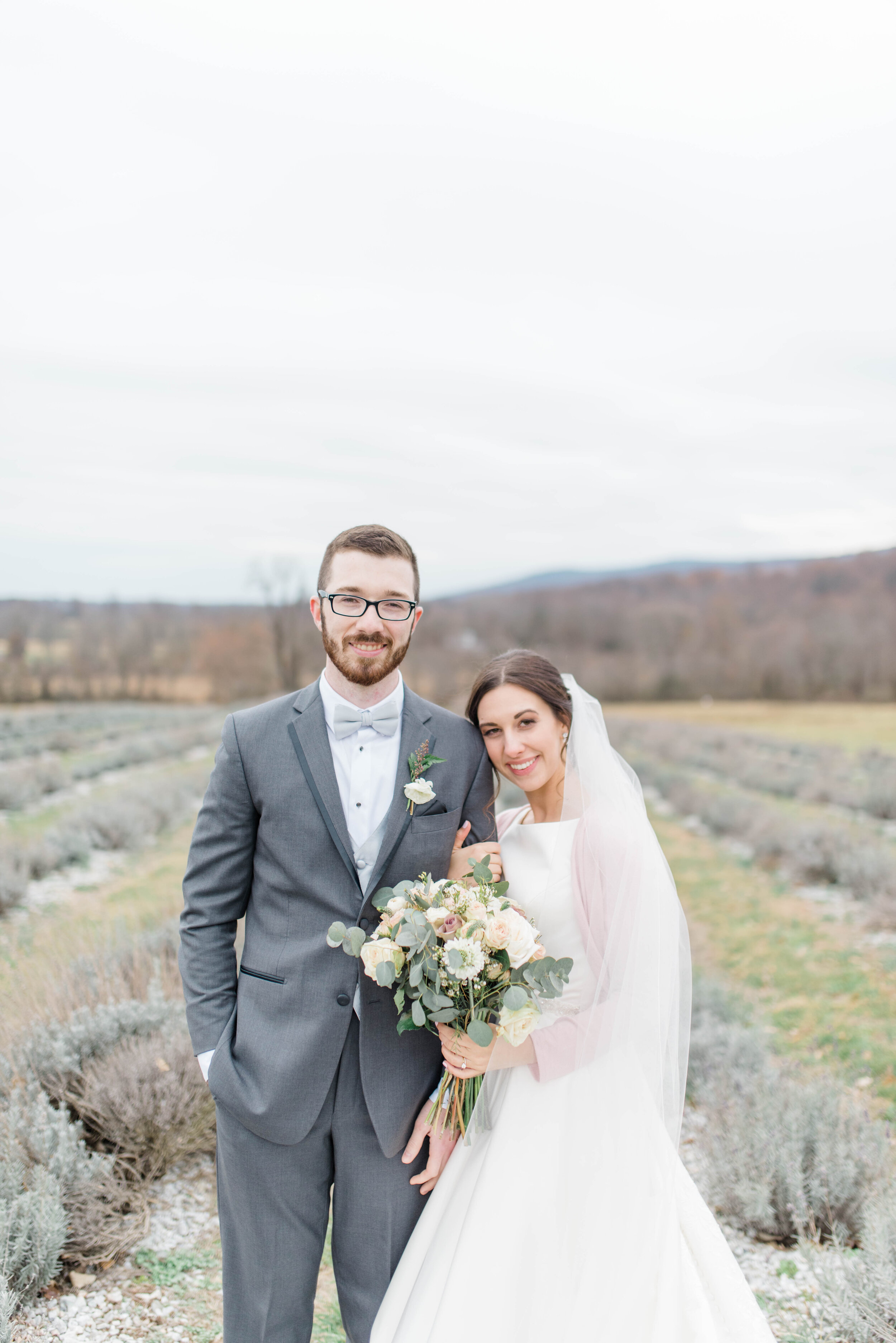Signature Items: What They Are and How They Can Help Preserve Your Wedding Memories
/What are your personal signatures? Maybe there’s a singular outfit or lip color that makes you feel your best, a spiritual book or prayer friends associate with you because you’ve recommended it so many times, a go-to drink order, a candle whose scent always fills your living space.
As individual as the way you write your name, signature items are the ones that make you feel most like you.
The external things you choose over and over and, in doing so, express your internal self. Every person desires to be known, and each woman’s personal style and spirituality can become a way of sharing and making visible who she is.
Photography: Petite Fleur Studios
If you’ve worried your wedding day might pass in too much of a blur to remember, pray for a sense of presence, and consider choosing items that can help you concretely revisit the start of your vocation. Sensory and emotional experiences are tied to closely to our memories, and can help cement life’s milestones in your mind. In the seasons of your wedding-day countdown and first months as a married couple, consider choosing a handful of new signatures--as a bride and as a couple--that, in years to come, will help define your life together: items that, when you use them, will bring the sweet days of new marriage flooding back.
Here, four suggestions for incorporating signature items into your wedding day and newlywed life:
A wedding-day fragrance
The sense of smell can powerfully evoke memory and emotion. Choosing a new-to-you perfume to wear for the first time on your wedding day and honeymoon, then setting it aside for a brief period, is a resonant way to lock in and later revisit this sacred time.
A new saint or devotion
Shared prayer deepens your relationship like practically nothing else. As your wedding approaches, commit to adopting a patron for your marriage, compose your own wedding novena, write your own personal marriage prayer or family mission, or consider Marian consecration. Repeat this devotion annually around your anniversary, and you’ll find yourself amazed by the fruits and changes each year of marriage brings--even difficult years.
A honeymoon playlist
Like scent, music holds a strong pull on our memories. Before your honeymoon, put together a playlist or choose albums with your beloved that are new to you or haven’t been in heavy rotation, and listen en route to and at your destination. Listen more as you settle into your shared life, knowing the songs you’ve selected will be able to transport you back. Not going on a honeymoon right away? This practice still works if you’re headed right into your new routine or planning a staycation!
Recipes
Are there particular meals that strongly evoke your childhood or a past experience? Food, and the rituals tied to it, is a foundation of a shared table and shared life. Put a few cookbooks on your wedding registry, or purchase them for yourself, and enjoy the process of discovering dishes you love; ones that will have a spot in your home as time passes and, God willing, as your family grows.
Of course, we often go through phases of loving certain products, songs, prayers, and meals that later become associated with certain seasons outside the wedding realm, sometimes without realizing it. Making an effort to intentionally choose some of these items as you prepare for your vocation, to express the inner with the outer, speaks to the human heart’s eagerness to be known--to share of itself, to give--and to building a life entirely unique to you and your spouse.














































